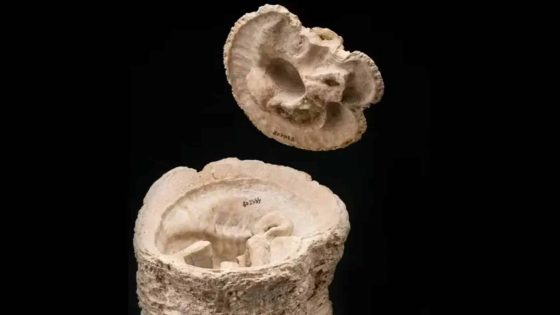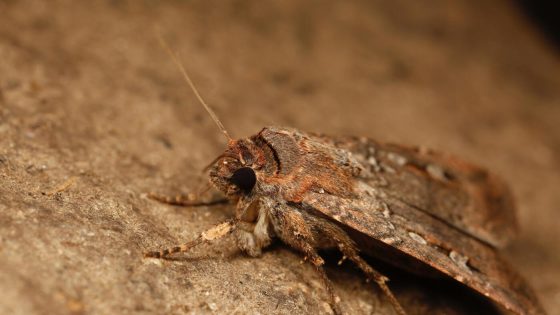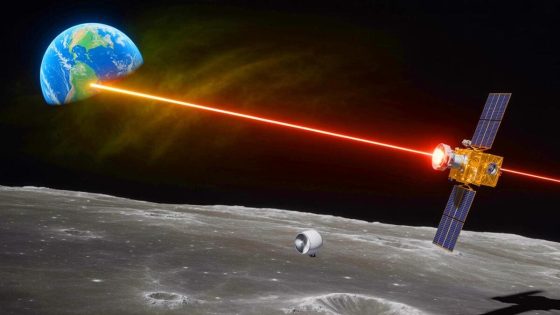Around 66 million years ago, a cataclysmic asteroid impact triggered a mass extinction event that wiped out roughly 70% of life on Earth, including the dinosaurs. While the terrestrial fallout is well-documented, the ocean’s response to this catastrophe is equally fascinating. Marine ecosystems faced significant upheaval, with many species, like mosasaurs and ammonites, vanishing almost entirely.
- Asteroid impact caused mass extinction event.
- Marine bivalves showed unexpected resilience.
- Specialized survival strategies aided bivalve survival.
- Sunlight-dependent species struggled post-impact.
- Ecological roles shifted after the extinction.
- Not all surviving species diversified successfully.
Interestingly, marine bivalves, such as clams and oysters, exhibited remarkable resilience during this period. Despite losing about three-quarters of their species, many bivalves managed to survive, showcasing their adaptability. A study published in 2025-06-22 23:30:00 highlights how nearly all ecological roles of bivalves persisted, defying expectations.
This survival raises intriguing questions about ecological dynamics. How did some bivalves thrive while others perished? Their unique survival strategies, such as forming symbiotic relationships with bacteria and algae, played a crucial role. Consider these points:
- Specialized diets helped some bivalves endure harsh conditions.
- Adaptations like strong anchoring threads increased their resilience.
- Not all survivors diversified post-extinction, leading to ecological shifts.
As we explore the implications of these findings, researchers can better understand how ecosystems adapt to catastrophic events. This knowledge could inform conservation efforts in today’s changing climate.































